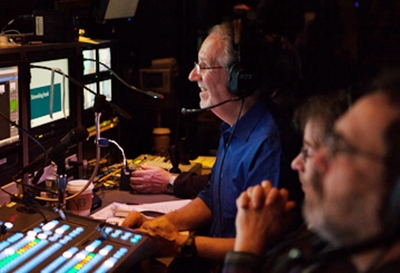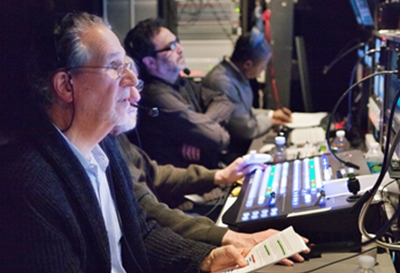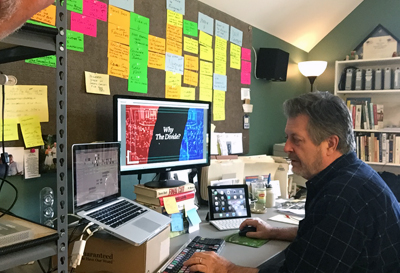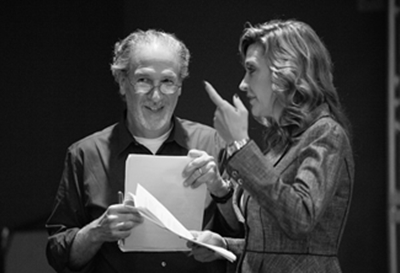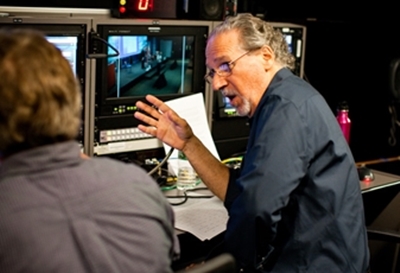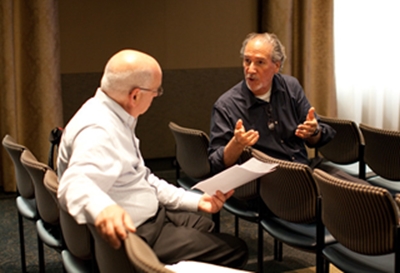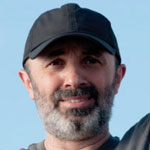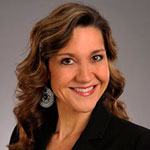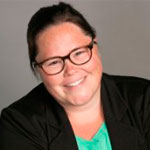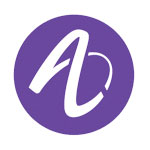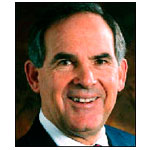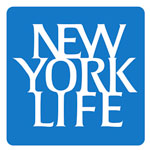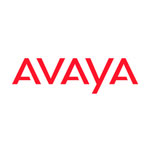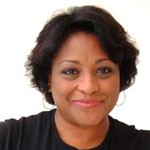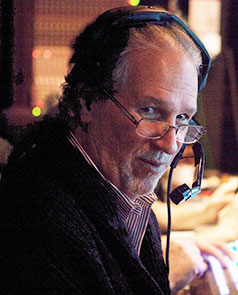
DENNIS MANERI
Producer, Director, Writer
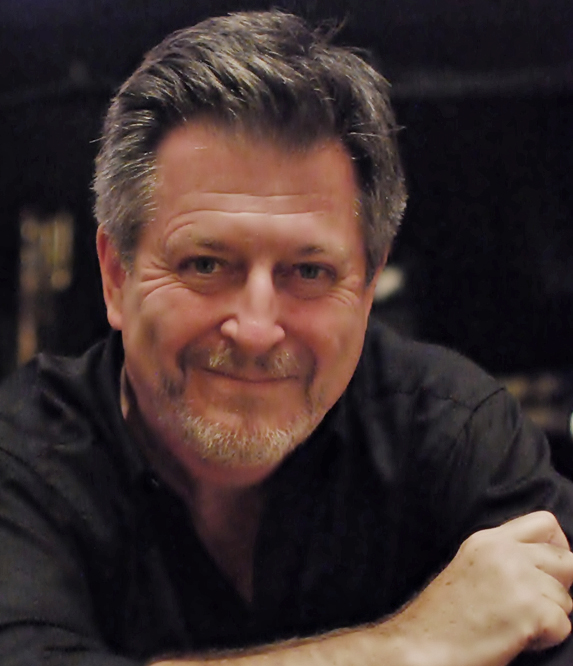
MICHAEL STRINGER
Producer, Editor, Writer
Why The Divide
The DNA of Our Political Differences
What is it that strikes a chord with voters? Why do the viewpoints of any given politician bring derision from some voters while motivating and becoming the rallying cry for others? And why is it that these differences become so inextricable that they sometimes lead to turmoil and conflict?
The goal of our documentary, Why the Divide, is to cut through the noise and help all of us better understand the nature of our political differences. When we started researching this project, we were curious about why someone becomes either liberal or conservative, moderate or extreme.
We assumed that culture, education, geography and the constant presence of media would be the major factors. And while they are important, what we found is intriguing scientific evidence that our DNA plays a significant role -- much larger than you might think -- in forming our innate political convictions. Studies have proven that DNA predisposes us to lean to the left or the right. And while this predisposition is neither destiny nor fate, it does impact how we react to bedrock social and political issues.
Our story will take viewers on a "nature/nurture" journey as we interview the authors of the DNA studies and speak with political and media experts. We'll examine how people react to "right-sounding" claims, why they respond positively to negative campaigning, and why they tend to demonize the other side.
Our story will end with a look into the future where DNA editing is likely to become commonplace. This raises a far-reaching ethical question: Could money and science control the political views of future generations?
We've been in contact with prominent scientists and experts who will help us tell this story (see below). Like us, they believe that given the current political climate, this is a story that needs to be told. With the players in place, we are currently seeking financial support to take this film from concept to reality. We believe that "Why The Divide" will move audiences away from political intolerance and toward a more understanding viewpoint. Viewers will come to see that the other side isn't quite as crazy as they might have thought, that while we sometimes use different methods, we often seek the same results; that truly we are all in this together.
